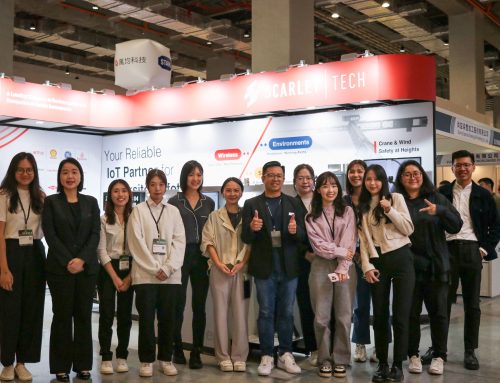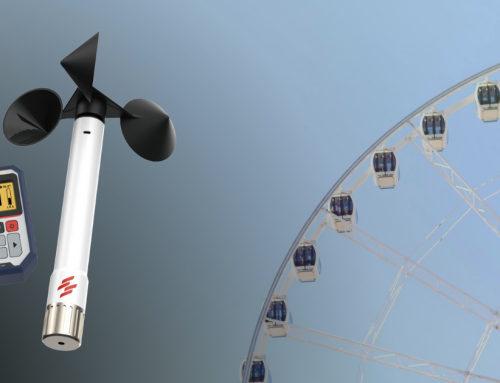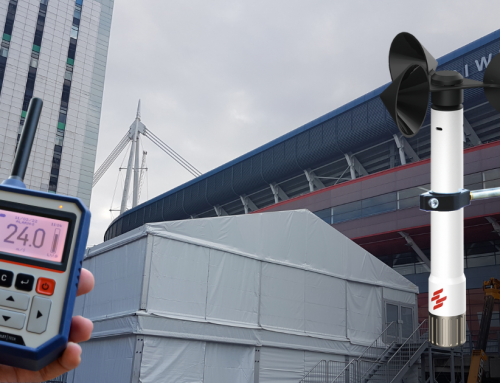Last Updated on
The implementation of thermal work limit (TWL) by Emirates Group showed a great success in reducing the incidence of heat stress cases this summer. Emirates Group has run a pilot scheme of TWL monitoring as part of their corporate Stay Healthy in the Heat Campaign in Dubai in 2013.
The need to monitor TWL was identified in 2012, and the investment in implementing an easy and robust TWL monitoring program has more than paid for itself by reduction of reported heat illness cases. TWL is a heat stress index developed and validated for Gulf conditions. The measurement of TWL includes dry temperature, humidity, wind speed and globe temperature.
In the operation areas of Emirates Airlines, the TWL readings are taken 3 times a day at early morning, mid-afternoon and late evening as planned schedule using Scarlet TWL-1S Heat Stress Detector. The e-mail alerts are sent to all engineering senior managers 3 times per day indicating the risk of heat stress and work schedule. The monitoring team also reacts to request from Senior Managers if they require extra TWL monitoring for specific activities.
All actions are reported by HSE managers to the routine meeting of Safety Board for Engineering on which Engineering Senior Vice President and Executive Vice President sit.
“The result of this pilot scheme has shown some positives. Primarily and most importantly, there is a 60% reduction in the reported heat illness cases during the high risk season from June 1st to September 15th when the temperatures can exceed 50 oC and humidity can be as high as 80-90%,” said Mr. Kerry Ross, the HSE Manager of Group Safety.
“An interesting challenge for Emirates in Dubai was managing the sensitive requirements for Ramadan during the summer period. With the help of Scarlet TWL-1S Heat Stress Detector, Emirates Group is able to efficiently and effectively manage the health requirements, risks and sensitivities for those involved,” Mr. Ross added.
This campaign had a corporate launch and is supported by senior management. In addition, it has achieved local accountability and responsibility for the different business units to manage TWL according to their business plans. Online learning themes about TWL and road shows in different working areas were introduced with easy quizzes and numerous prizes to encourage participation.






